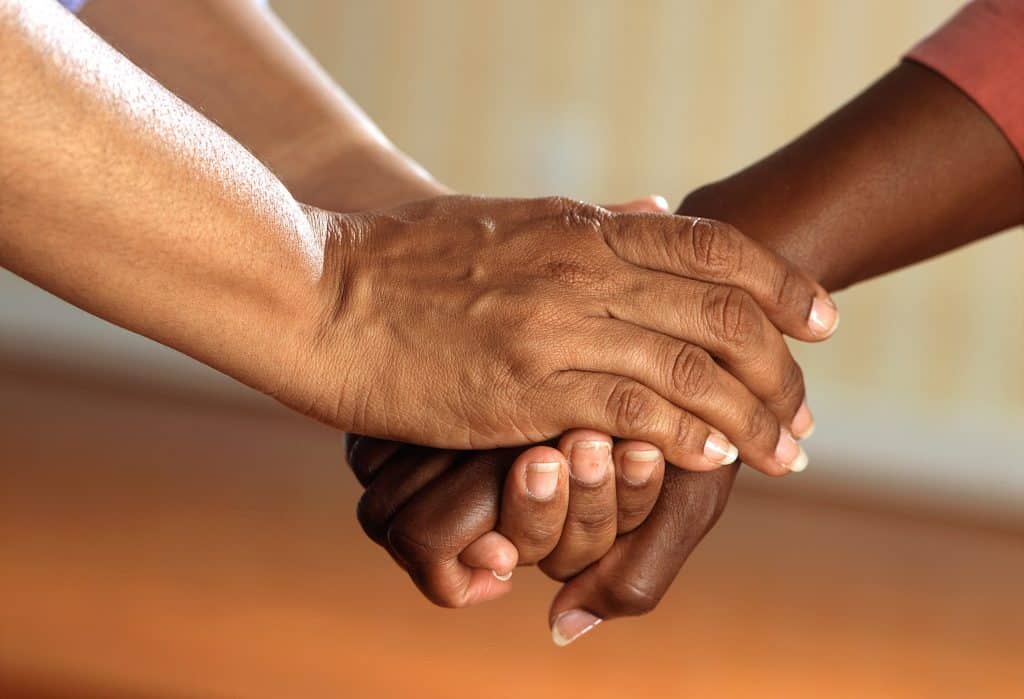By Brandee Izquierdo, Executive Director
Black History month is a time when we focus on the achievements of the black community, and it’s also when we focus on their experiences in U.S. history. However, with these achievements, there have also been enormous barriers, including that of predominantly white institutions (PWIs). PWIs exist in every realm of community and become especially relevant as the nation faces the latest addiction epidemic.
For example, when it comes to treatment, who gets access to the addiction-treatment drug buprenorphine? A 2019 study in JAMA showed racial and financial divides among those who receive effective treatments for opioid addiction. For every appointment where a person of color received a prescription for buprenorphine, white patients had 35 such appointments. In short, their findings demonstrated that buprenorphine treatment is concentrated among white persons and those with private insurance or use self-pay.
Additionally, national research has shown that opioid use disorder occurs at about the same rate in black and white populations. Yet the NAACP has said that African Americans are incarcerated for drug-related charges at six times the rate of whites with drug-related charges.
We all know that addiction does not discriminate — but neither should prevention, treatment or recovery. There must be a diversity, equity, and inclusion lens in every facet of our work in both mental health and substance use disorder as well as criminal justice. We must be sure that we approach individual communities with culturally and linguistically appropriate services. And finally, all of our efforts must respect the health beliefs, practices and needs of diverse individuals.
During this month and quite frankly, always, we must continue to stay vigilant and remember that the addiction crisis we face today is not a new phenomenon. This crisis has permeated communities of color for decades.
For those of us who are in a recovery community, we often say, “Nothing about us, without us!” Whatever we do in our respective fields to support those with substance use disorder and mental health challenges, we must remember this applies to all communities. Whether we are a peer navigator, a stakeholder, policy maker, or a volunteer, we must do better to ensure that the black community has access to quality medical care and has a voice at the table. We know that behavioral health is a critical and frequently unaddressed issue in racial and ethnic minority communities.
We can no longer ignore the inequity but rather speak up and speak out, walk hand in hand with communities of color, and unite together to change and transform the addiction epidemic. We must break down barriers that have propelled oppression, demand equity in accessing healthcare services, and embrace the historical context of the addiction epidemic. By doing so, together, we can make a difference. Together we can stop the addiction fatality epidemic.

